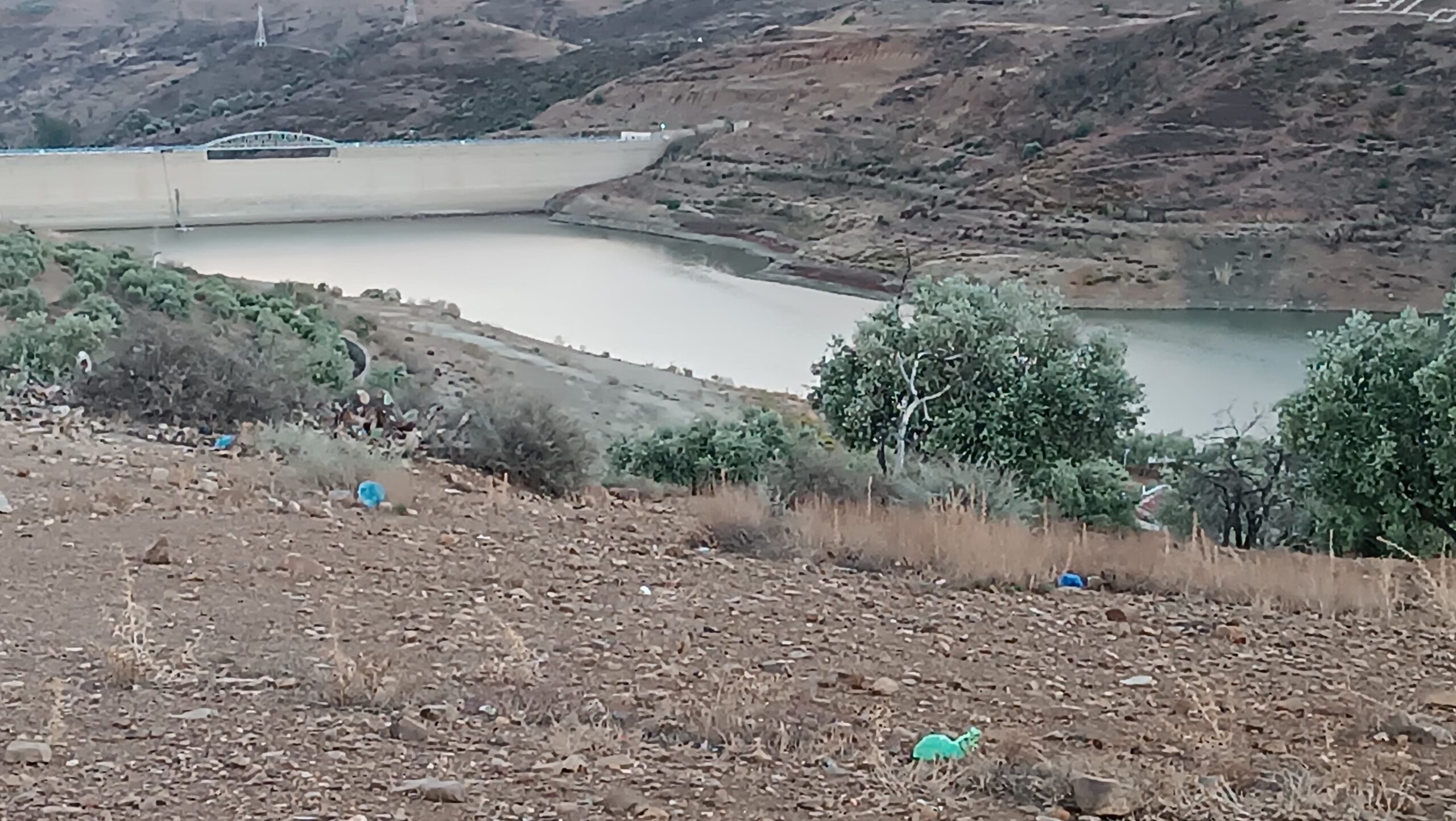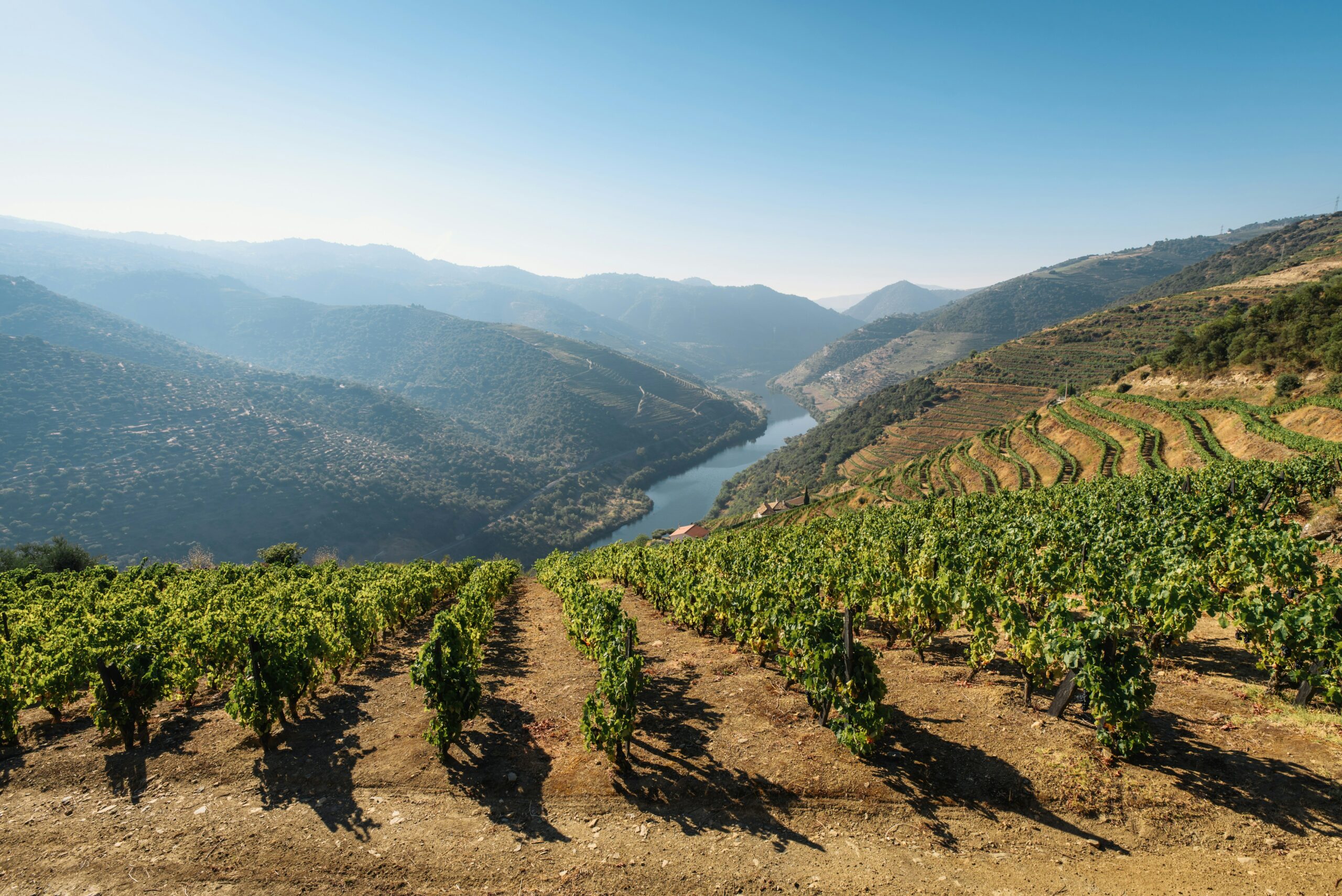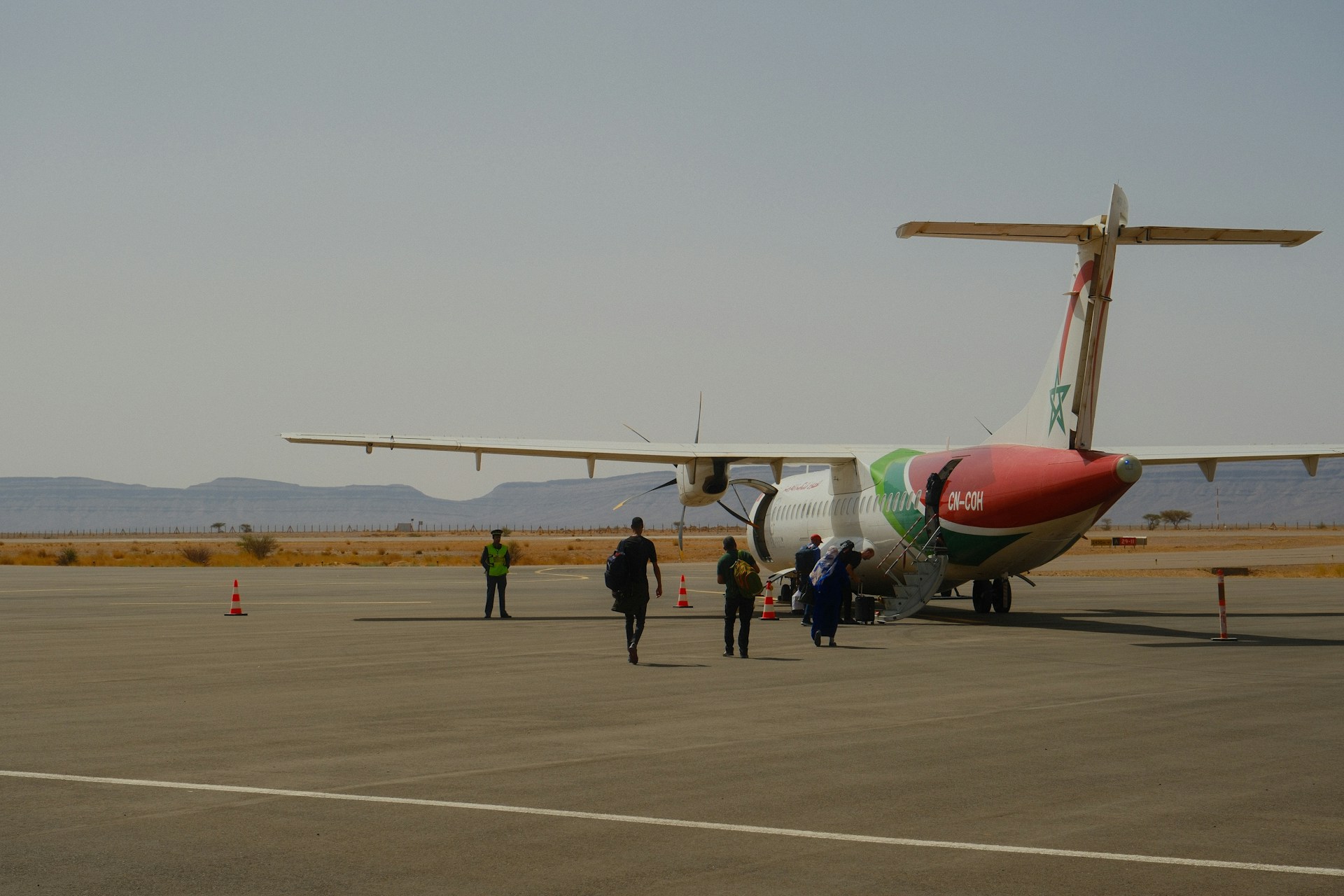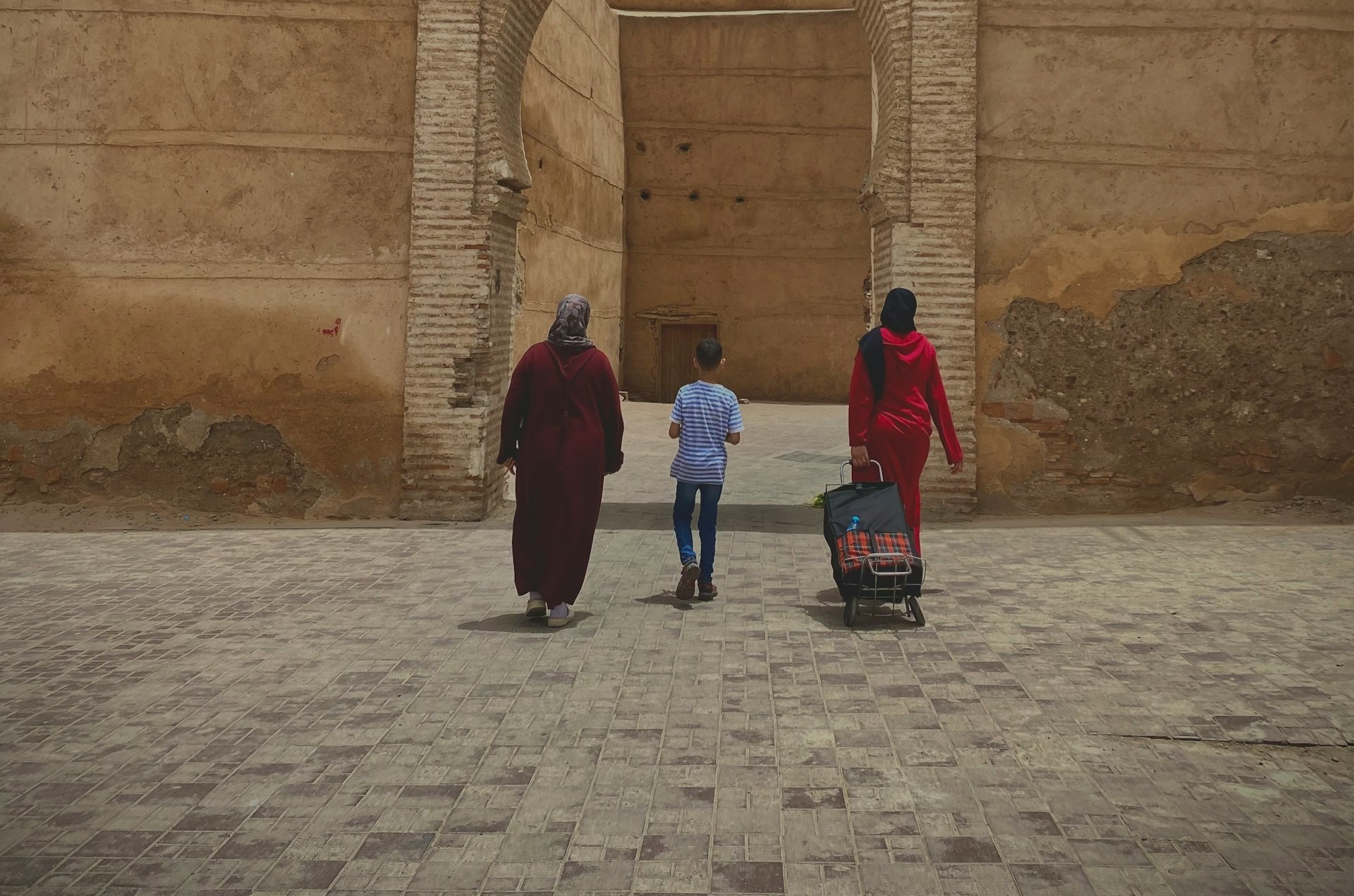Casablanca – A recent study has shed light on the deepening water crisis in Morocco, warning of a potential deficit of 7 billion cubic meters annually by 2050 if current management practices persist. Conducted by the Environmental Committee of the “Attac Morocco” association, the study identifies systemic issues in water management policies, particularly in the agricultural sector, as key contributors to the country’s dwindling water resources.
Agricultural practices under scrutiny
Agriculture, which consumes over 80% of Morocco’s water resources, has been the focus of water management policies for decades. However, the study suggests that these policies disproportionately benefit large-scale farmers and irrigated lands, which make up only 19% of cultivated areas, while neglecting rain-fed agricultural lands that account for more than 80% of the country’s farmland.
The report points to an export-oriented approach in agriculture that prioritizes water-intensive, high-value crops, contributing to the sector’s significant water consumption. Despite these efforts, Morocco’s agricultural trade balance remains structurally weak, with exports covering only 52% of import costs.
Overreliance on groundwater
The study also highlights the overexploitation of groundwater, including non-renewable sources, as a growing concern. Repeated droughts, declining dam reservoirs, and insufficient oversight have led large-scale farmers with the financial means to dig increasingly deeper wells to sustain their irrigation needs.
Policy gaps and privatization concerns
Criticism is directed at water management policies that focus on expanding water availability rather than optimizing its use. A report by the Royal Institute for Strategic Studies earlier this year noted the government’s emphasis on irrigated areas while largely sidelining rain-fed agriculture.
Privatization of water management has also come under fire, with the study warning of the potential risks posed by reducing the role of the National Office of Electricity and Water Supply. The delegation of water and electricity management to private companies, coupled with rising utility costs, has sparked concerns about accessibility and equity.
Recommendations for change
To address the looming crisis, the study calls for a shift in priorities within the agricultural sector. It suggests moving away from export-driven, water-intensive agricultural models and focusing instead on meeting domestic needs, ensuring food security, and promoting sustainable practices.
Additionally, the study advocates for rethinking public-private partnerships in water management and prioritizing equitable access to water resources over commercial profit motives.
As Morocco continues to grapple with the realities of climate change and increasing water demand, these findings underscore the urgent need for comprehensive reforms to safeguard the country’s water resources for future generations.
















